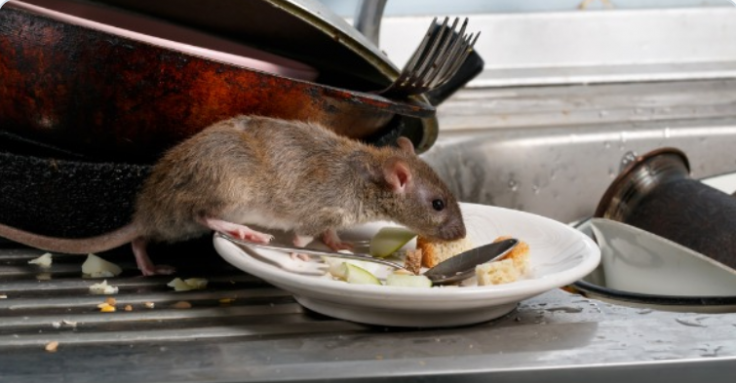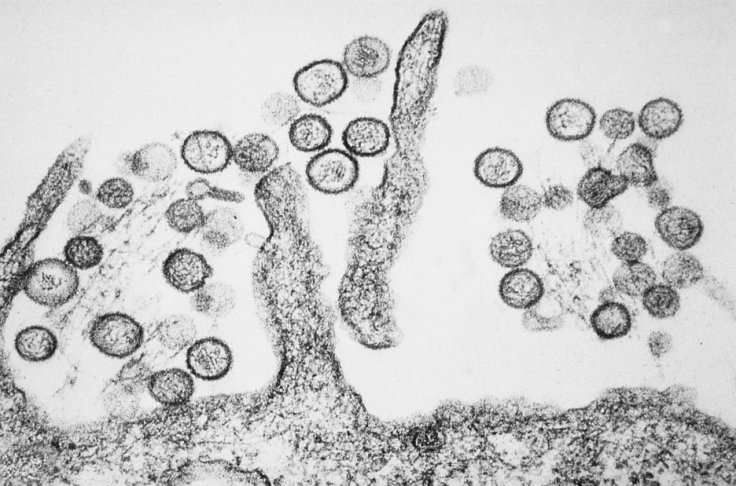Michigan has confirmed its first case of hantavirus, a deadly respiratory disease spread through contact with infected rodents, according to the state's health department. The case was reported in a woman in Washtenaw County who was recently hospitalized with a serious pulmonary illness from hantavirus, according to the Michigan Department of Health and Human Services.
The patient is still admitted in the hospital and treatment is ongoing. However, details about her health condition are still known. Hantavirus is linked to exposure to the urine, feces and saliva of infected deer mice and white-footed mice. The highest risk of exposure to hantavirus occurs when entering or cleaning rodent-infested structures.
Hantavirus Attacks Michigan

Health officials said on Monday that a woman was admitted to a hospital after she showed symptoms of hantavirus. The woman had "serious pulmonary illness from Sin Nombre hantavirus," and "was likely exposed when cleaning an unoccupied dwelling that contained signs of an active rodent infestation."
"We believe the individual was exposed when cleaning out the dwelling. Fecal matter ... from the infestation likely became airborne during cleaning and was inhaled by the individual," said Susan Ringler-Cerniglia, a spokeswoman for the county health department.
"This infection is still considered very rare and can be avoided, even with significant infestations, with precautions when cleaning," she added.
As of January 2017, there have only been been 728 reported cases of the hantavirus in the United States since health officials began monitoring it in 1993, according to the Centers for Disease Control (CDC). New Mexico reported the most cases, with 109, followed by Colorado, with 104; Arizona, with 78; California, with 61; and Texas, with 45.
Quite Dangerous

First discovered in the Southwest in 1993, the syndrome has since infected people throughout the Americas, state health officials said. Most cases have been identified in adults and tend to occur in the spring and summer.
"Anyone who comes into contact with rodents that carry hantavirus is at risk for HPS and health care providers with a suspect case of hantavirus should contact their local health department to report the case and discuss options for confirmatory testing," Dr. Joneigh Khaldun, chief medical executive at the state health department, said in a statement.
Hantavirus pulmonary syndrome is typically passed to humans when they breathe air contaminated with the virus through rodent droppings, from a rodent bite or if people touch something that has been contaminated with rodent urine, saliva or droppings before touching their skin, mouth or nose.
The most common hantavirus in the United States is the Sin Nombre hantavirus, which the Michigan woman was confirmed to have. Most fo the time this variant of the virus is spread through deer and white footed mice, and cannot be transmitted from person to person and has a 38 percent mortality rate.
"We can prevent and reduce the risk of hantavirus infection by taking precautions and being alert to the possibility of it," said Dr. Juan Luis Marquez, medical director with the Washtenaw County Health Department.









